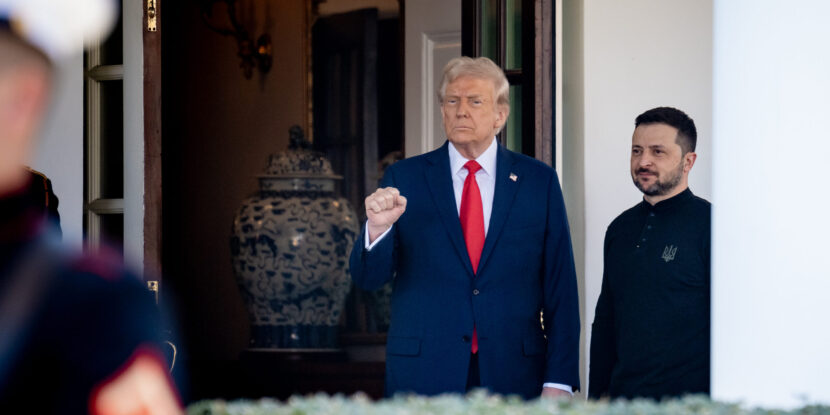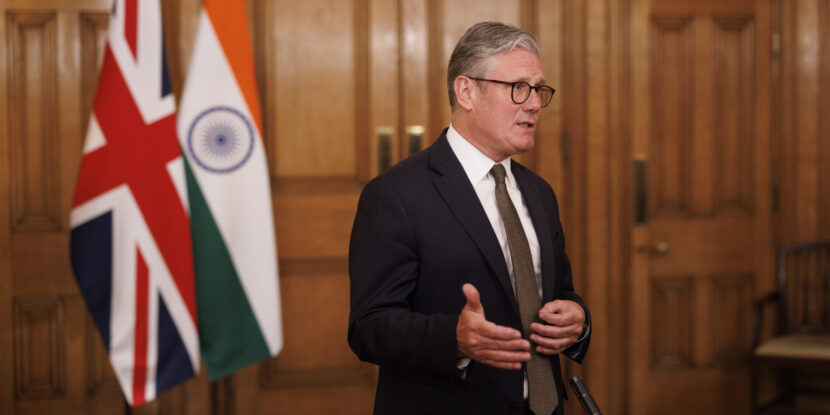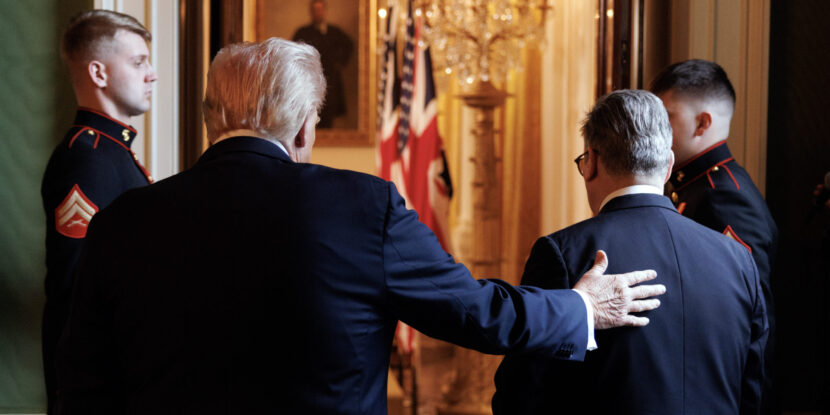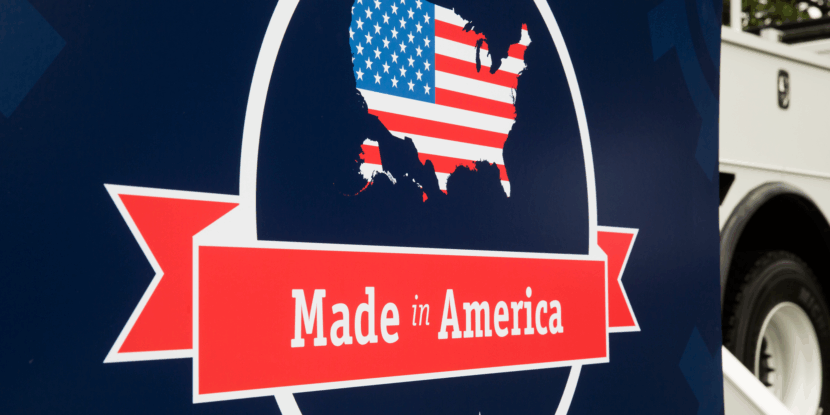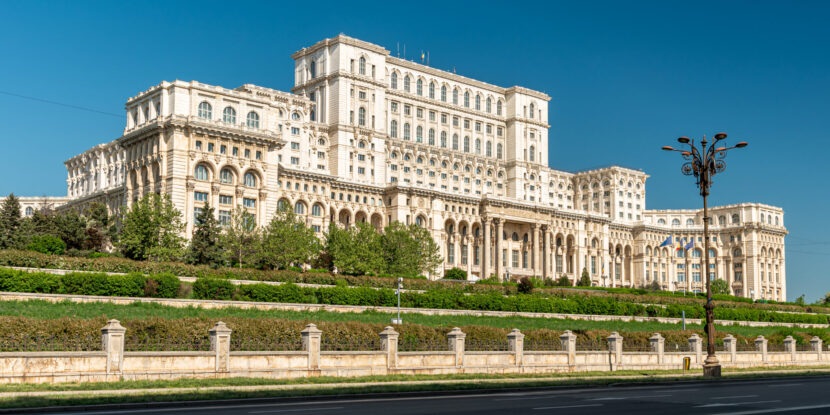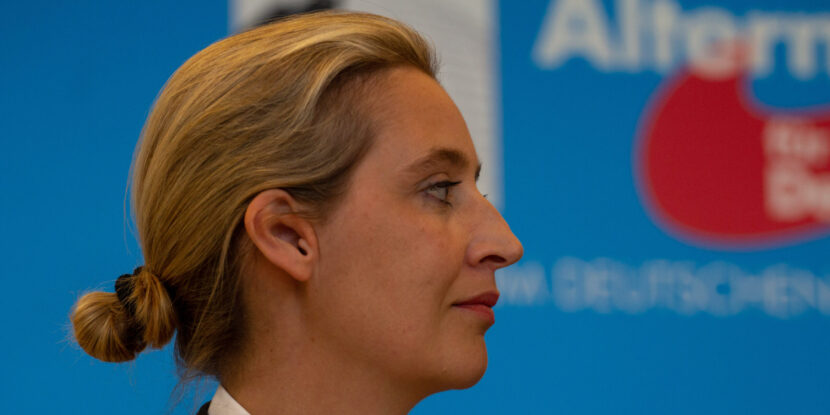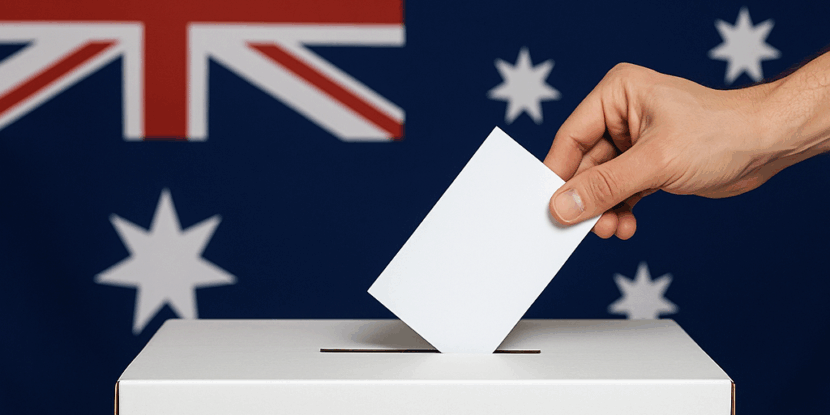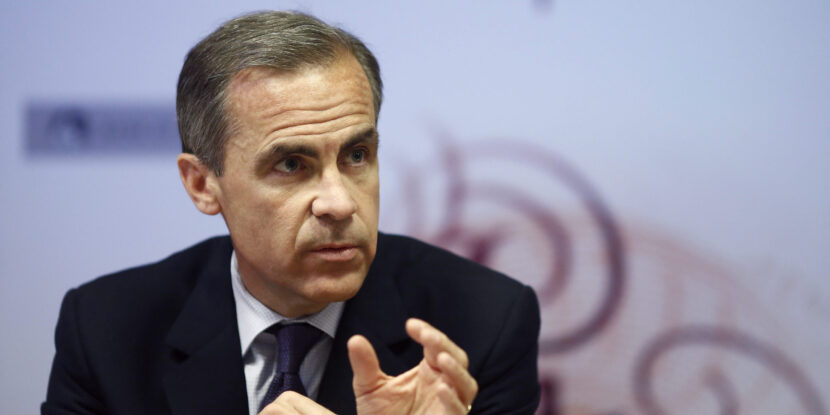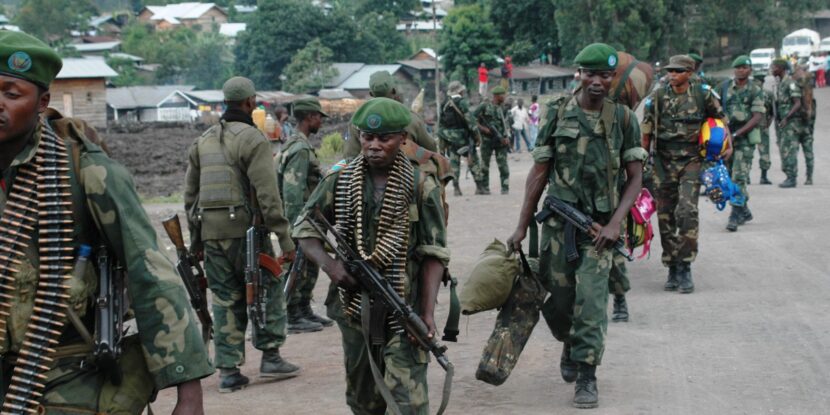PULSE POINTS:
What Happened: President Donald J. Trump is once again pushing for a 30-day ceasefire between Russia and Ukraine, threatening sanctions if either country violates the suspension of hostilities. He hopes a ceasefire can pave the way for a peace deal between the warring nations.
👥 Who’s Involved: President Donald J. Trump, Russian President Vladimir Putin, and Ukrainian President Volodymyr Zelensky.
📍 Where & When: President Trump called for a ceasefire in a post on Truth Social on Thursday, May 8, 2025.
💬 Key Quote: “If the ceasefire is not respected, the U.S. and its partners will impose further sanctions,” President Trump warned.
⚠️ Impact: With the Russian economy beginning to show signs of strain under current U.S. sanctions, and Putin even expressing a desire to re-establish access to Western markets, the 30-day ceasefire demand may be too much for him to pass up. The Russian leader has already signalled he is open to a shorter-term cessation of hostilities. However, this may be the final efforts of the Trump White House to broker an end to the conflict before washing their hands of the issue.
IN FULL:
President Donald J. Trump is calling for an unconditional 30-day ceasefire between Russia and Ukraine, threating that the United States and its partners will impose crippling sanctions on whichever of the two nations either refuse the agreement or violate it. The America First leader outlined the ceasefire proposal in a post on Truth Social late Thursday, May 8, 2025.
“The U.S. calls for, ideally, a 30-day unconditional ceasefire. Hopefully, an acceptable ceasefire will be observed, and both Countries will be held accountable for respecting the sanctity of these direct negotiations,” Trump wrote, continuing: “If the ceasefire is not respected, the U.S. and its partners will impose further sanctions.”
He added: “Thousands of young soldiers are dying on a weekly basis, and everybody should want it to STOP. I do, and the United States of America does, also. As President, I will stay committed to securing Peace between Russia and Ukraine, together with the Europeans, and a Lasting Peace it will be!”
Trump emphasized that the ceasefire demand is intended to “ultimately build toward a Peace Agreement” and that it must be done “quickly.” Additionally, President Trump offered to be “available on a moment’s notice” to help broker a peace deal between Russia and Ukraine.
Earlier in the week, Trump expressed his disgust and anger with the intransigence shown by both the Russian and Ukrainian governments toward a peace deal. Meanwhile, Vice President J.D. Vance, speaking at the Munich Leaders Meeting in Washington, D.C., said that Russia is “asking for too much” in return for ending its war against neighboring Ukraine, highlighting the Trump White House’s continued frustration with reaching an elusive peace settlement.
show less